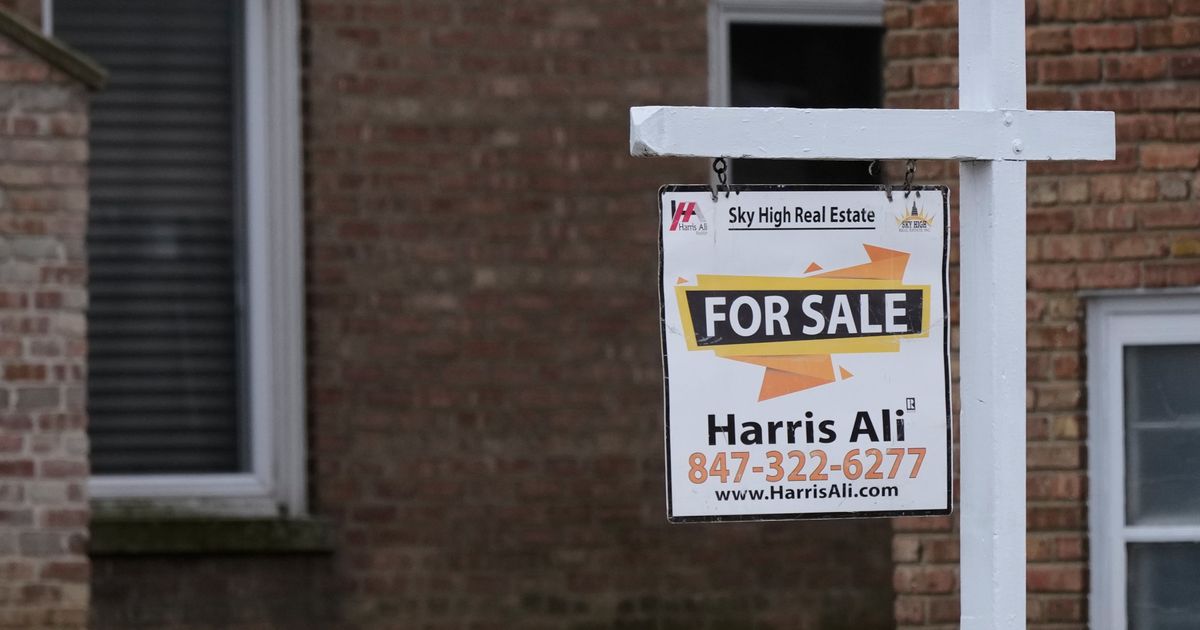A Seattle City Council bill could cap late rent payment fees at $10 per month, with the hope of helping tenants who fall behind on rent avoid higher balances.
While renters in the city have been protected from late fees, and any other fees associated with nonpayment throughout the pandemic, that protection will expire this October, a year after the city ended its civil emergency.
To prevent substantial late fees in the future, a bill sponsored by Councilmember Kshama Sawant would cap late fees for rent at a flat rate of $10 per month, bringing Seattle in line with nearby Burien and Auburn, which have the same maximum fee. A proposed amendment would also prohibit notification fees, which are fees imposed on top of a late fee or other notices from landlords for the act of notifying tenants.
“Nobody has the right to exploit renters, and if you’re in the market to exploit renters, they should have the right to push back,” Sawant said during the first lengthy committee discussion of the bill Friday.
About 30 people, mostly renters supporting the change, spoke at the meeting.
Katie Wilson, a Capitol Hill renter and general secretary of the Transit Riders Union, said her organization supported Sawant’s efforts to curtail the “increasing problem of landlords just nickel-and-diming tenants at every turn.”
Several landlords called into the meeting to oppose the cap, primarily arguing that higher late payments are a necessary incentive to get tenants to pay rent. They also noted that, in some cases, small landlords may be unable to pay their mortgages on time and face their own late fees.
Others said tenants should negotiate with their housing providers to pay lower fees if they are experiencing legitimate economic crisis.
“I can count on one hand the number of times I’ve actually collected late fees over my 50-plus years,” Gordon Haggerty, a landlord, said, “because when a renter has trouble, they contact me and we work together on a win-win plan that typically waives the late fees altogether.”
Sawant said the legislation would cover all tenants instead of leaving fairness and leniency to the discretion of the landlord.
“The whole point is to have laws that protect tenants, not having to rely on the empathy of this or that landlord,” Sawant said during the council’s Sustainability and Renters’ Rights Committee.
Higher, but still capped late fees are required in other Western Washington cities, like Kenmore, where a 2022 law caps late fees at 1.5% the monthly cost of rent. A proposed statewide $75 late fee cap died in the Legislature last month.
Sawant said the $10 cap would keep the fees small and consistent for tenants.
Council President Debora Juarez didn’t oppose the intent of the policy, but questioned a flat $10 cap, as opposed to a percentage cap or higher dollar figure that could help landlords “make themselves whole” if they incur expenses related to a tenant being late.
“Whether that’s a legitimate argument or not, I think that is still something that we have to discuss,” Juarez said.
Council staff said enforcement would be difficult for the city’s already overburdened Department of Construction and Inspections, which has taken on enforcement of several new renter protections in recent years and is helping provide guidance as pandemic-era eviction protections expire.
The committee is set to vote on the bill during its next meeting on April 7. If it’s approved by the committee, the bill would then go to the full council for a vote.
















